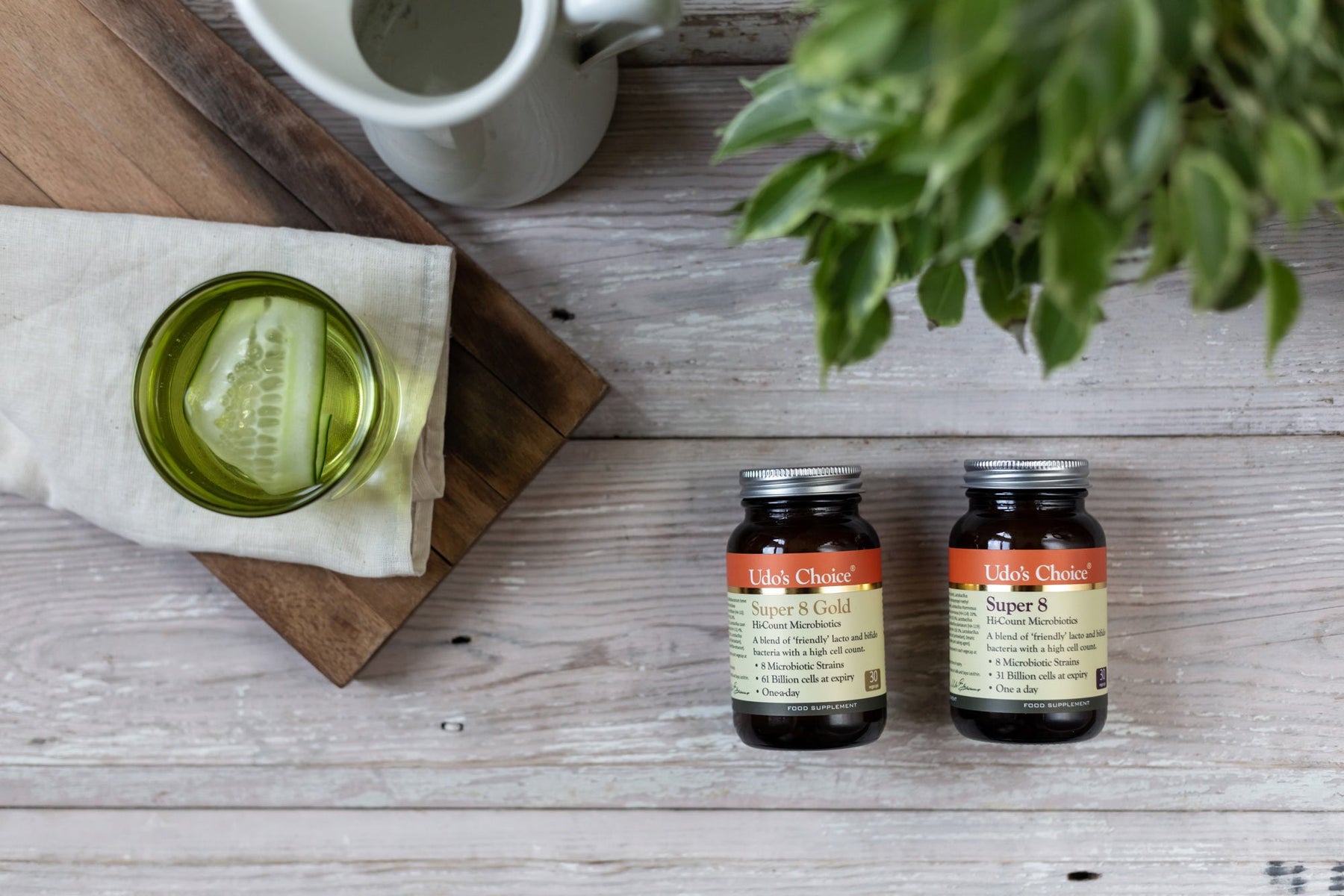
How To Improve Your Gut Health
Let’s face it, the gut is a hard sell. You can’t see it and you’ve probably never given it much thought. And yet, it is probably the most exciting subject in health right now. We’re seeing so many breakthroughs in our understanding of how the gut works, why it’s important and what it means for the future of medicine.
The trillions of microbes in your gut are not only essential to how you digest food, they also provide vital enzymes and vitamins and control the calories you absorb, linking the health of the gut directly to weight issues. Whether you want to lose weight or not, whether you’re one of the one in four people who struggles with a digestive issue, you can benefit. The evidence is there. Good gut health has an impact on your digestion, your day-to-day comfort and energy levels, your immunity, mental well-being and your chronic disease risk.
So, what can you do now to start benefiting from the latest findings? The answer is - everything! You are in charge of your gut health. What you eat and how you support your microbiome with specialist foods and supplements determines your personal pick ’n’ mix of gut bacteria that are then able to help keep you happy, healthy and naturally slim.
To work on your gut health, start with what I call gut rest, like a tummy-friendly detox. The word detox is often misconstrued but my meaning is lightening the load on the body, eliminating trigger and troublesome foods and supporting the organs of detoxification and elimination. This phase lasts typically lasts 5 days and it means cutting out gluten, dairy and triggers that you may already now don’t suit you. I recommend being very strict about cutting out processed foods as it is often the hidden or not so obvious ingredients, including chemical sweeteners, that can be a source of digestive strife.
Then comes re-wild. It might sound a bit ‘hunter gatherer’ but it requires no survival skills other than some shopping for diverse and helpful ingredients from natural foods and clever support supplements.
This is where live bacteria really come into their own too as these can help repopulate the gut with beneficial bacteria. The key is to choose a supplement that is targeted to your needs. Had a recent course of antibiotics? Try the Udo’s Choice Super 8 Microbiotics. Over 50? More of a maintenance approach needed? Try Udo’s Choice Adult’s Blend or Udo’s Choice Adult’s 50+. If you are looking to help the gut health of a child, choose Udo's Choice Junior Blend or Infants Powder.
Personally, I use Udo's Choice microbiotics and prebiotic fermented foods on an almost-daily basis. I say ‘almost’ as life will always upset a routine every now and then! The key is to be regular. Looking after the bacteria in your gut is like tending to a garden. A little work on a regular basis means that the whole ecosystem is kept healthy.
For some people this means adding in digestive enzymes too. Digestive enzymes are involved in breaking down the food you eat into amino acids (from proteins), fatty acids and cholesterol (from fats), and simple sugars (from carbohydrates), as well as vitamins, minerals, and a variety of other plant and animal compounds. If we don’t have enough digestive enzymes, we can’t break down our food—which means even though we’re eating well, we aren’t absorbing all that good nutrition. Digestive enzymes can be depleted from use of over-the-counter prescriptions, stress, inflammation or simply getting older.
There’s good news too. You can ditch the idea that gut health means living with endless dietary and lifestyle restrictions or boring and bland food choices. Often there’s a few weeks of stricter dietary rules when you first start out on a journey towards better gut health but in general, a healthy, varied and inclusive diet is firmly on the menu. For me that includes some delicious dark chocolate, a morning coffee, an occasional glass of wine with dinner or a gin and tonic with the girls. Cheers!
Written by nutritionist Amanda Hamilton
